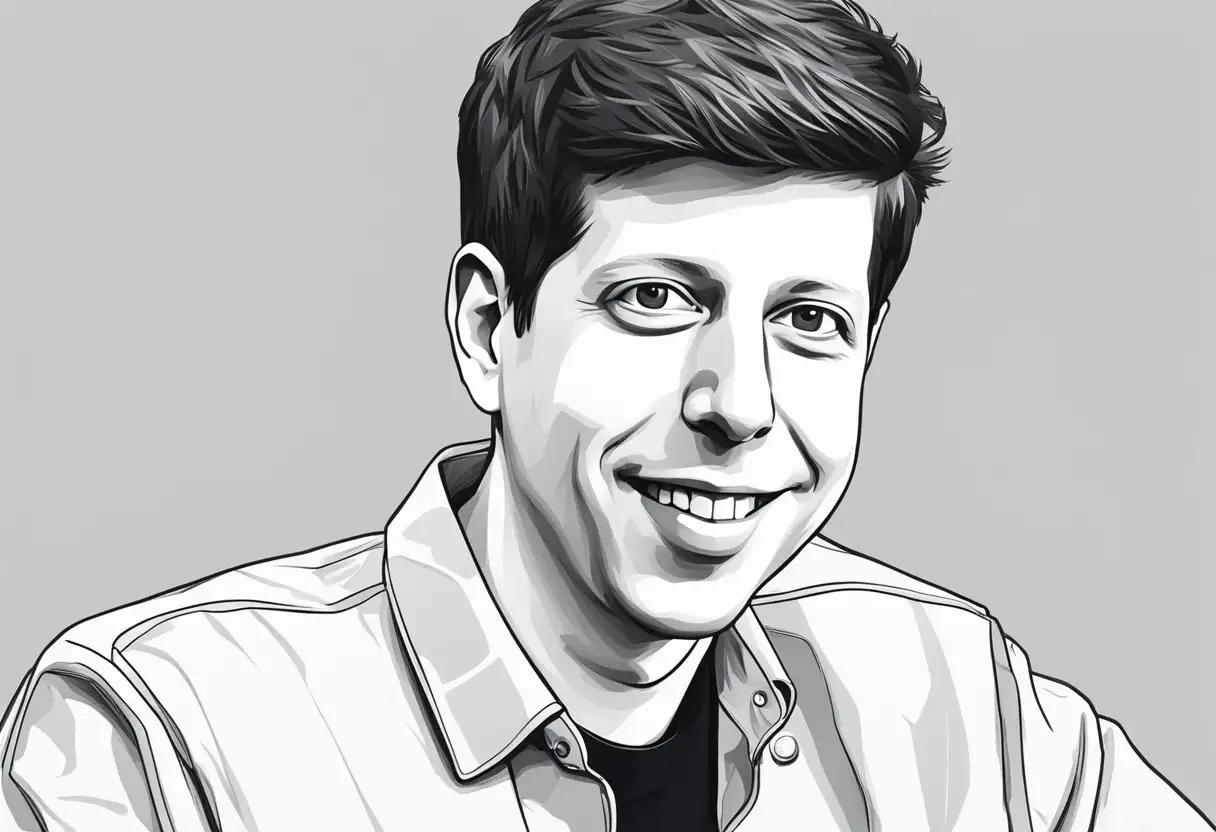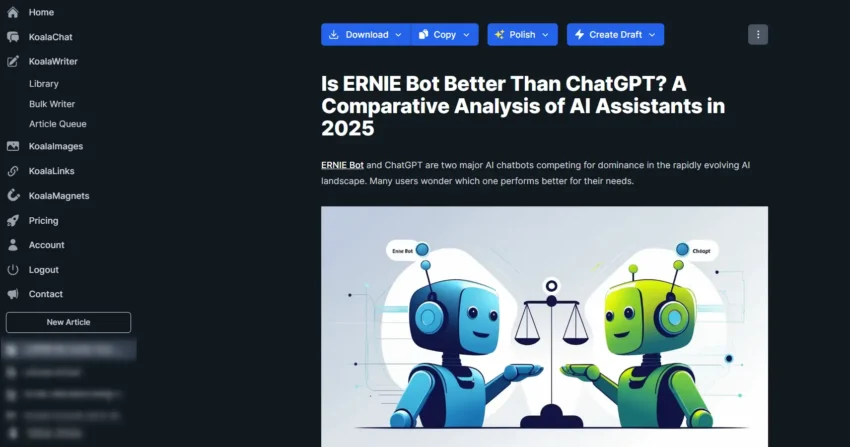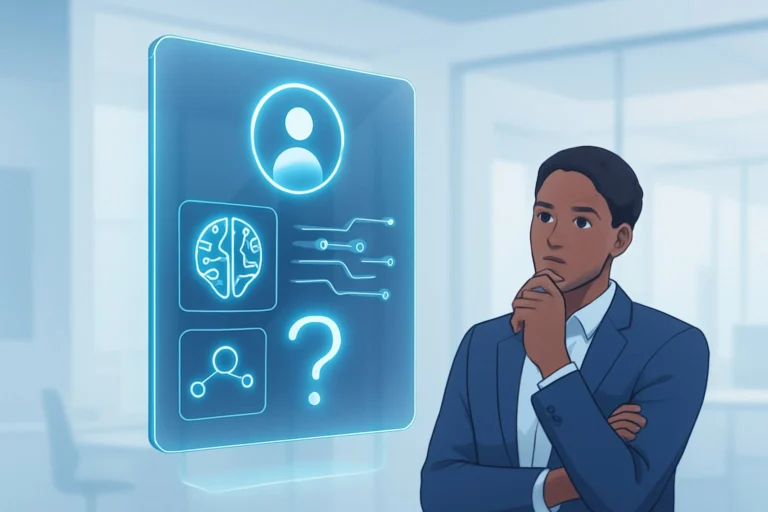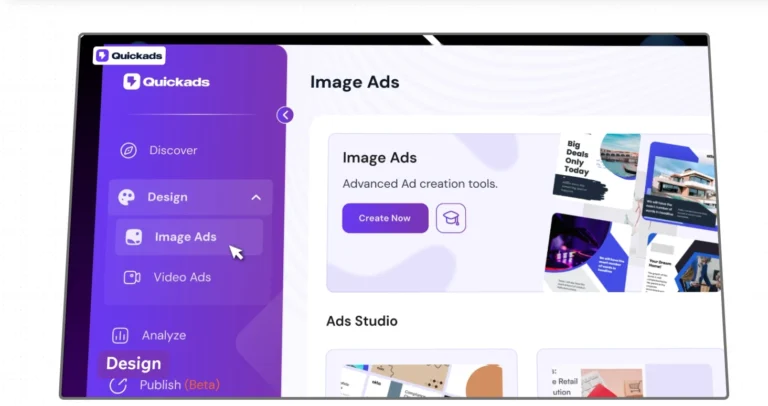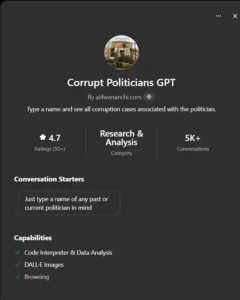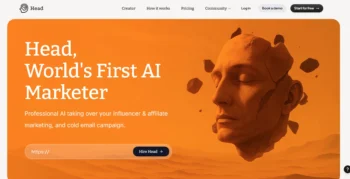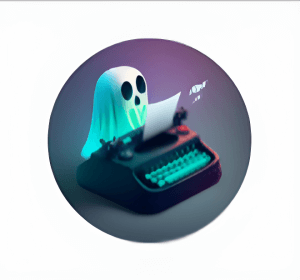Sam Altman is returning as CEO of OpenAI just days after being ousted from the position.
OpenAI is well-known for its groundbreaking work in developing advanced AI models like ChatGPT, making this leadership change a significant event in the field.
Altman, who co-founded OpenAI in 2015 together with personalities such as Elon Musk, was initially removed as CEO on November 18, 2023.
However, after days of reported infighting and negotiations at the AI startup, OpenAI announced on November 22 that Altman would be reinstated as CEO.
Circumstances leading to Altman’s ouster and return
Altman’s ouster initially had little explanation from the board, other than citing his lack of candor and the need to defend OpenAI’s mission of developing AI that benefits humanity.
This decision led to significant unrest within OpenAI, with numerous staff members threatening to quit in solidarity with Altman.
This internal crisis was further exacerbated by investor concerns, prompting a reconsideration of the decision.
The decision to reinstate Altman as CEO was the result of extensive discussions among OpenAI’s board members, employees, and stakeholders.
Microsoft’s take and role
Microsoft, a key investor in OpenAI and a major proponent of its technology, played a significant role in the unfolding events.
After Altman’s dismissal, Microsoft announced it would hire him to lead a new artificial intelligence research team.
However, with Altman’s return to OpenAI, he has the support of Microsoft’s CEO, Satya Nadella, under a new leadership structure. Nadella welcomed the changes, highlighting them as a step towards more stable and effective governance at OpenAI.
Implications and reactions
Sam Altman’s return as OpenAI CEO has stirred reactions and sparked discussions among different stakeholders, including employees, the board of directors, investors, and the public.
People took to X (Twitter) to share their sentiments. The return has been considered a relief by many, given Altman’s influential role and contribution to the startup.
It has also been viewed as a lesson for all in management and business decision-making.
In San Francisco, where OpenAI is headquartered, the excitement can be felt in the tech community. Yet, many questions remain unanswered regarding the circumstances surrounding Altman’s ouster.
The implications for OpenAI’s employees are significant, as Altman’s leadership likely affects the company’s direction and strategy.
For the board of directors, the decision to bring Altman back involved some changes.
OpenAI reached an agreement to partly reconstitute the board, as part of the agreement for Altman to return to the company.
Three members sure to join the OpenAI board are:
- Bret Taylor: Former co-CEO of Salesforce, who will be chairing the board.
- Larry Summers: Former U.S. Treasury Secretary and a Harvard academic.
- Adam D’Angelo: CEO of Quora, who was also a member of the previous board.
Sam’s return to the role is expected to bring stability to the organization, which has experienced internal conflicts and employee unrest during the period of leadership uncertainty.
With Altman back at the helm, OpenAI is now poised to continue its pursuit of advancements in AI research and technology.

